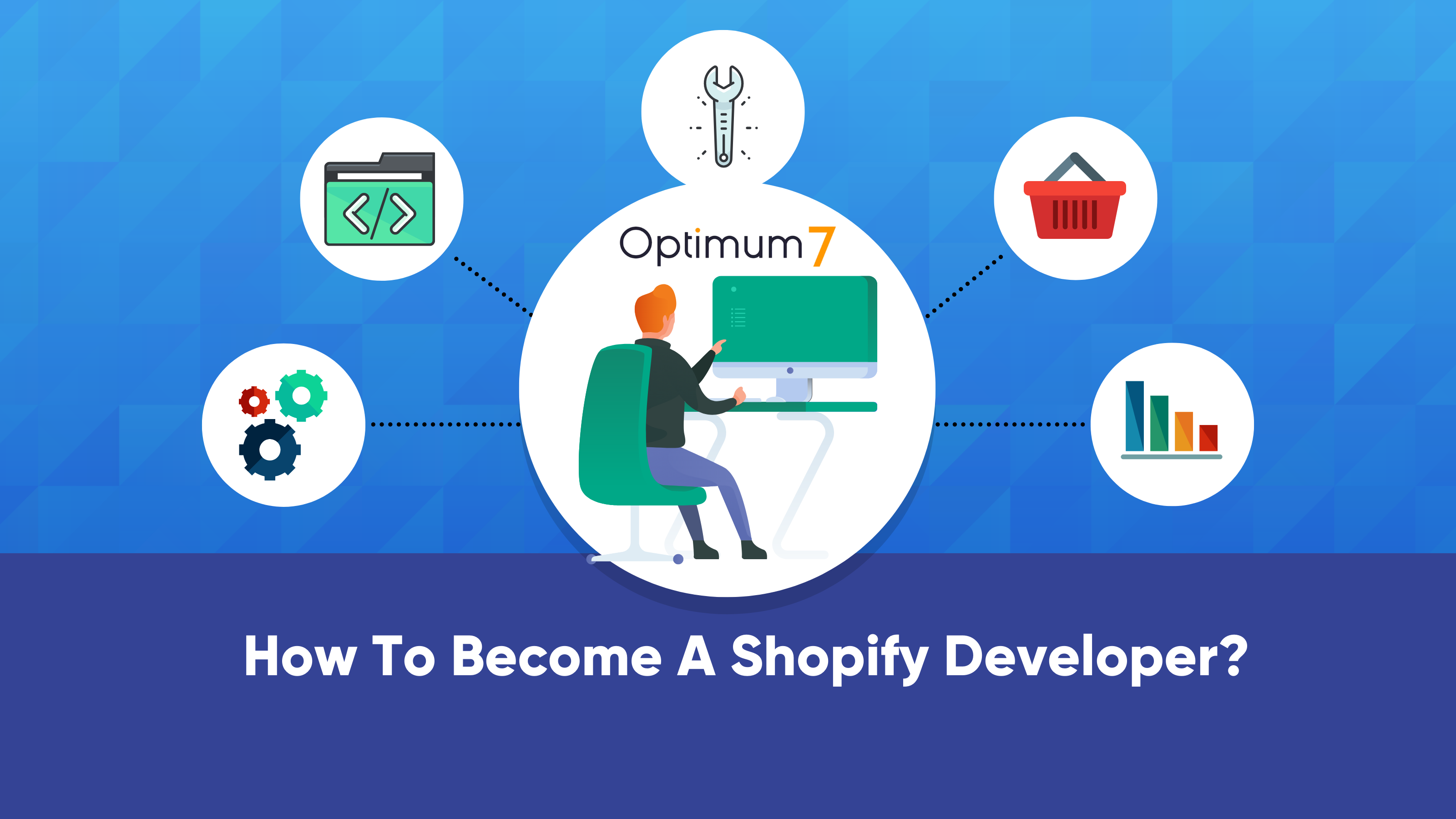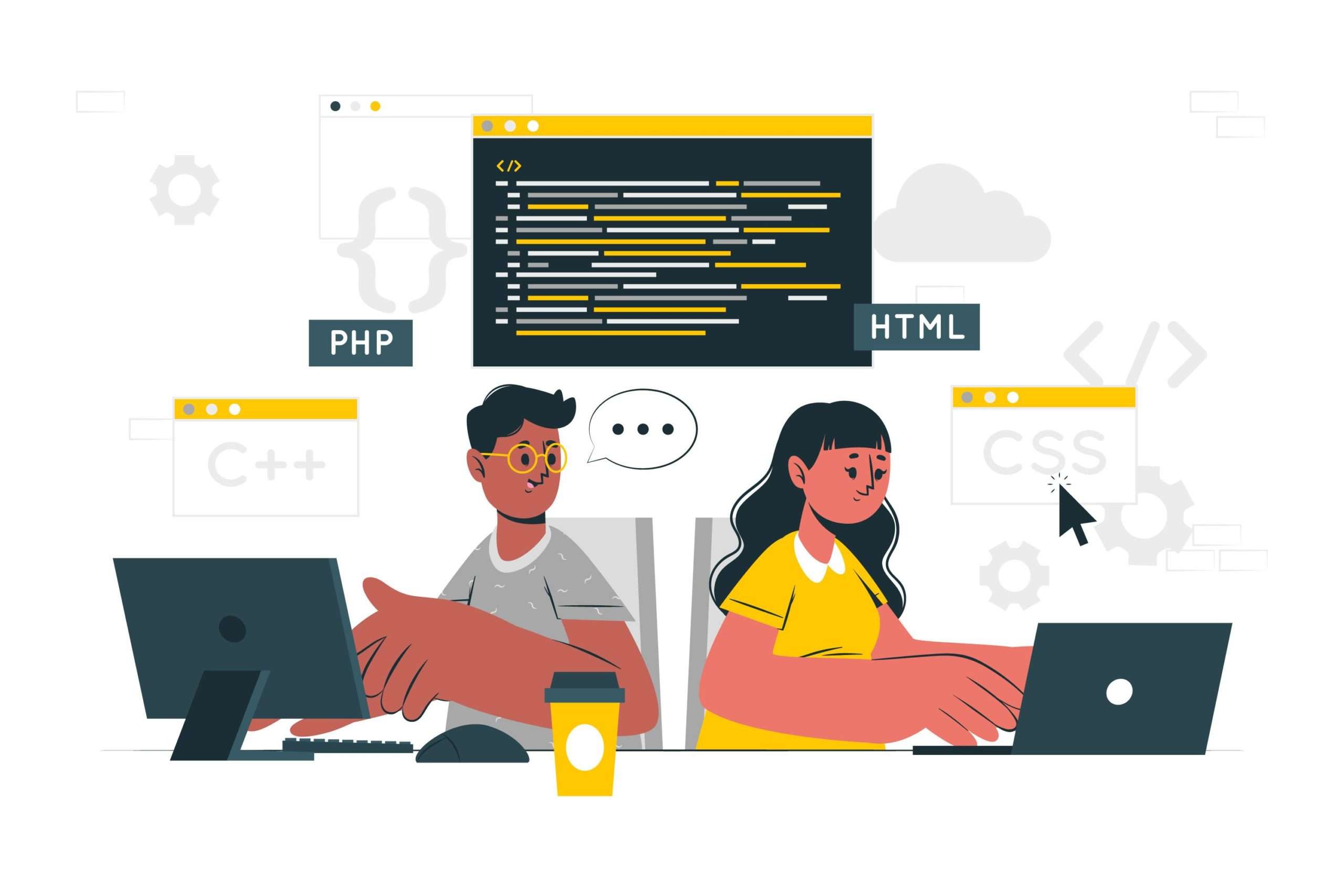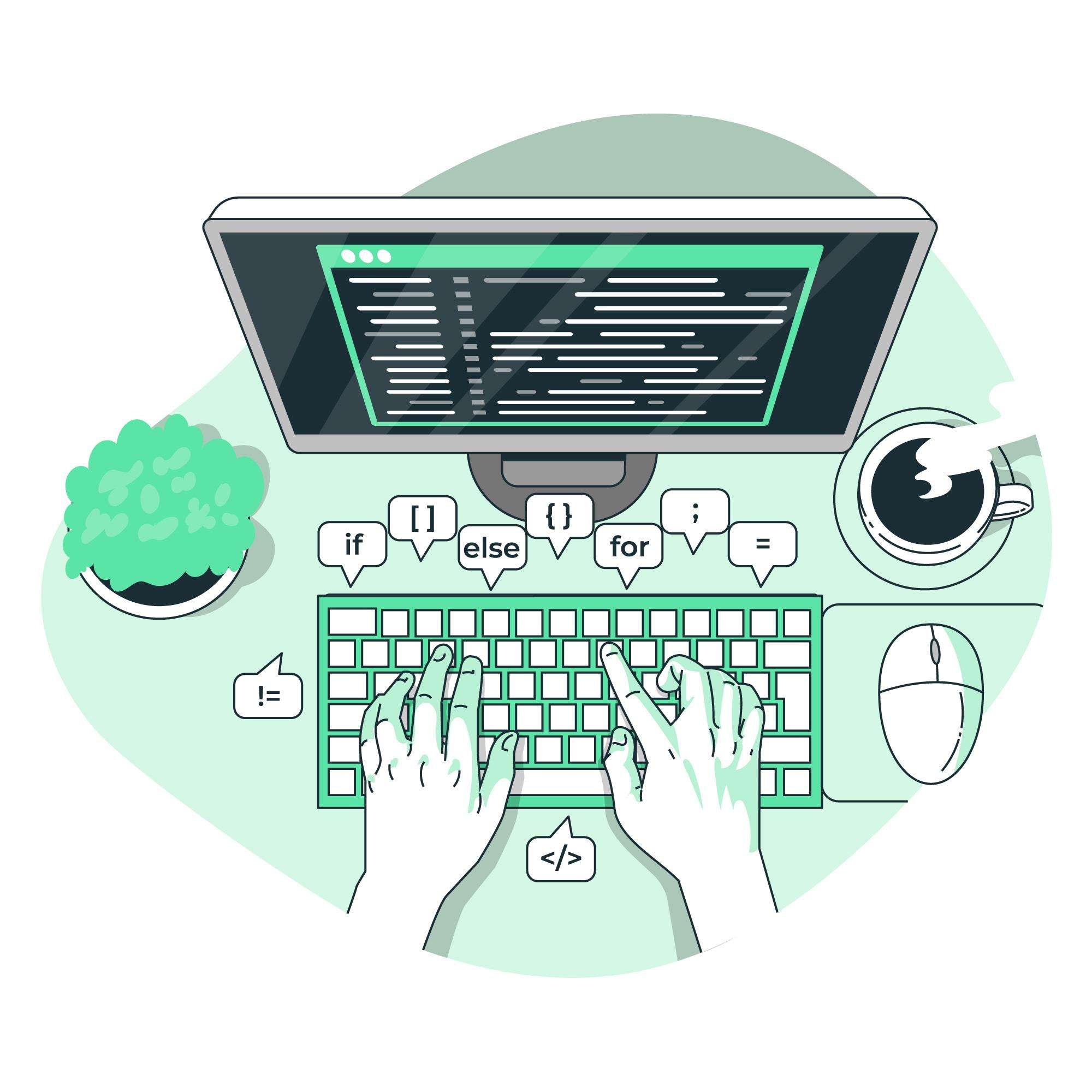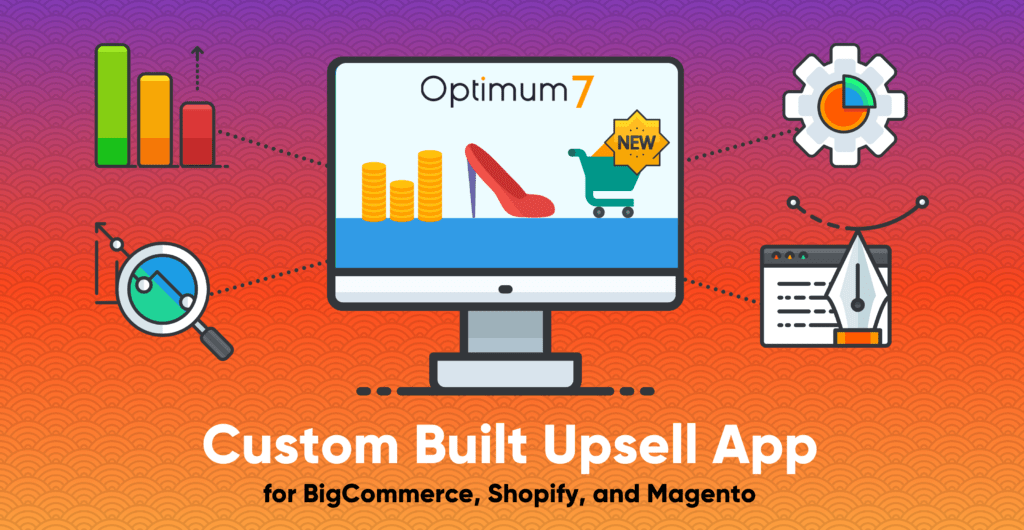As the popularity of Shopify continues to grow, so does the demand for experienced Shopify developers. If you’re looking to get into the eCommerce world, becoming a Shopify developer is a great option since this Canadian brand is one of the leading eCommerce platforms out there.
But what does a Shopify developer actually do? And what skills do you need to become one?
In this article, we’ll answer all of those questions and more.
What is a Shopify Developer?
Shopify developers are professional developers who exclusively specialize in the web development of Shopify websites. They have full cognizance of how Shopify works, and have extensive knowledge of payment gateways, inventory management, navigation, and checkout operations.
While developing a Shopify website, these developers take into account the branding of the client’s business, the target market, the products or services being offered, and the overall user experience. A Shopify Developer’s end goal is to create a Shopify website that is not only visually appealing, but also easy to use, efficient, and functional.
A well-developed Shopify website helps businesses to boost their sales and conversions. If you are planning to develop a Shopify website for your business, it is important to hire an experienced Shopify developer.
What Do Shopify Developers Do?
Innovators in the field of web design have access to an extensive amount of knowledge about other technologies like HTML5, and CSS3 which are used for creating advanced interfaces and layouts that work across all devices. This will ensure that your website is developed according to your specific requirements and preferences.
A Shopify Developer’s arsenal of proficiency includes Frontend Development, Web Design, and User Interface (UI). They also work with the Shopify Apps and Integrations meant for Inventory Systems, Payments, and other functionalities needed for delivering your store.
Simply put, they have unique insights, development experience, and extensive knowledge about necessarily everything that is required to specialize in Shopify Projects.
Why Would You Need an Experienced Shopify Developer?
There are a number of situations where you might need to hire an experienced Shopify developer, including:
1. Even after you have set up your online store on Shopify, there are still many things that need to be done in order for it to run smoothly.
2. If you want to develop a Shopify website from scratch, then you will definitely need to hire a Shopify developer.
3. If you want to make extensive technical changes or additions to an existing Shopify website. For example, if you want to add new features or change the layout of your Shopify website, then you will need to hire a Shopify developer to do that for you.
4. You might need to hire a Shopify developer or an eCommerce agency if you want to migrate an existing website over to Shopify. This is a relatively common scenario because many businesses start out on one platform and then realize that Shopify is a better option for them.
In this case, you will need to hire an Shopify agency that specializes in Shopify migrations that can transfer your data to the other platform with no data loss.
5. If you want to optimize an existing Shopify website for better performance. This includes things like optimizing the website for speed, improving the user experience, and making sure that the website is mobile-friendly.
If you want to improve your Shopify website’s conversion rate, then you will need to hire a Shopify developer or an eCommerce agency that specializes in conversion rate optimization (CRO).
What are the Benefits of Hiring a Shopify Developer?
Hiring an experienced Shopify developer can help you undertake projects that are too daunting for you to take alone.
1. Having your Online Store built by professionals provides you with a competitive advantage in your industry.
Shopify developers are well-versed in the best practices in web development, design, and user experience, guaranteeing that your website runs smoothly on any device and attracts new clients.
2. Shopify Developers can install custom-built apps to your Shopify store.
Shopify Website Developers can help you to add Shopify Apps from the Shopify App Store or to configure custom-built functionalities once you’ve completed your Shopify Store. Shopify Apps are simply extensions that you can install on your store to add new features. It’s almost as if you’re creating a tiny SaaS within the Shopify platform.
3. You can create a Custom Template Design for Your Shopify Website.
Getting Shopify Website Developers to customize your website based on your requirements helps your store to sustain and attract more customers. Since they are specialized in Shopify Projects, they boast technical expertise, such as the best practices to be followed while setting up an Online Store.
4. Hiring a Shopify developer can save you time and money in the long run.
They can help you implement any feature you need to manage and grow your business with minimal supervision. Once the store is up and running, they can also help you with website maintenance.
You’ll also need the expertise of a Shopify developer for long-term site maintenance. In addition, they can provide valuable insights into how to optimize your store for conversion and growth.
What are the Key Skills that a Shopify Developer Must Have?
To make your life easier, we have compiled a list of qualities that every Shopify Developer needs. You can use this list for finding the perfect developer to work on your development projects.
As a Shopify developer, it’s important to have a solid foundation in basic HTML, CSS, and JavaScript. In addition, understanding website security is vital.
Payment gateway providers like PayPal and Stripe offer a variety of payment options that can be used on Shopify websites. Understanding how these systems work is crucial for developing secure transaction forms.
Learn Liquid, Shopify’s Own Programming Language
Shopify uses a unique programming language called Liquid, which empowers you to create custom applications and add-ons for Shopify websites. By understanding the basics of HTML, CSS, JavaScript, and Liquid, you’ll be well on your way to becoming a successful Shopify developer.
Here’s a full list of skills that a professional Shopify Developer must have (so you know where to start):
- A strong understanding of “Liquid” programming is required for Shopify Stores and Shopify Themes.
- HTML5 and CSS3 are also required.
- Knowledge of a variety of programming languages, as well as Full-Stack Web Applications.
- Knowledge of other popular eCommerce platforms like Magento, WooCommerce, and BigCommerce is a plus.
- Knowledge of Shopify’s API (Application Programming Interface) is another advantage. This enables developers to interact with the shop data and create custom applications.
To build Shopify apps, the easiest framework to start with is “Ruby on Rails.” However, if you want a more hands-on approach, PHP scripting language will also do the work.
Basically, anything that uses JSON REST API, combined with Auth, can make your life easier when developing these types of eCommerce websites!
Conclusion
Now that you know all there is to becoming a Shopify developer, it’s time to start your journey. Similarly, if you are a business owner who is looking for a solid Shopify developer for your next Shopify project, then you what to look out for.
Use this guide as a resource and keep these key points in mind: Shopify developers must have a solid foundation in basic HTML, CSS, and JavaScript, as well as website security.
Learning how to use Liquid can help you to create custom applications and add-ons for Shopify websites, and finally, a strong understanding of “Liquid” programming is required for Shopify stores and Shopify themes.
Get an experienced Shopify Development team working on your project. Contact Optimum7 today!







